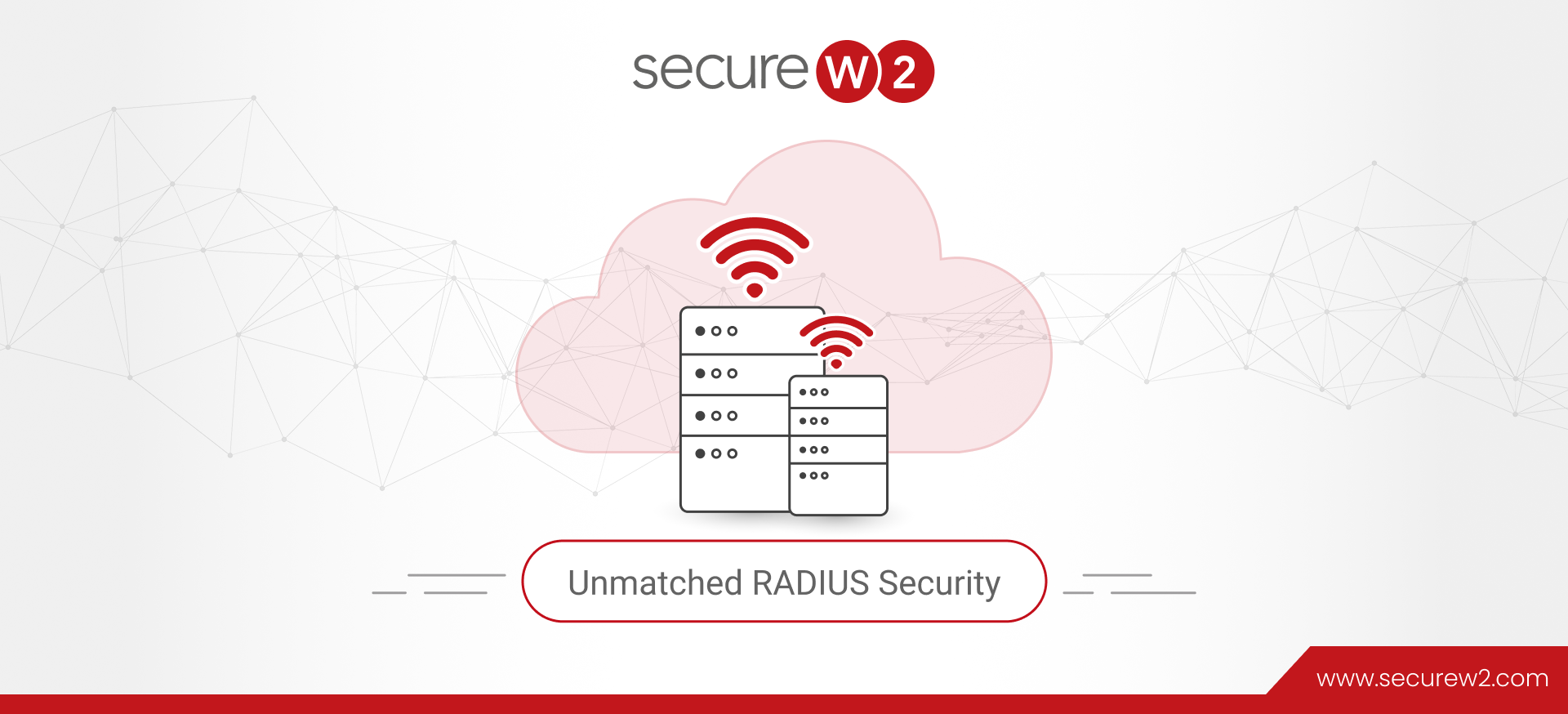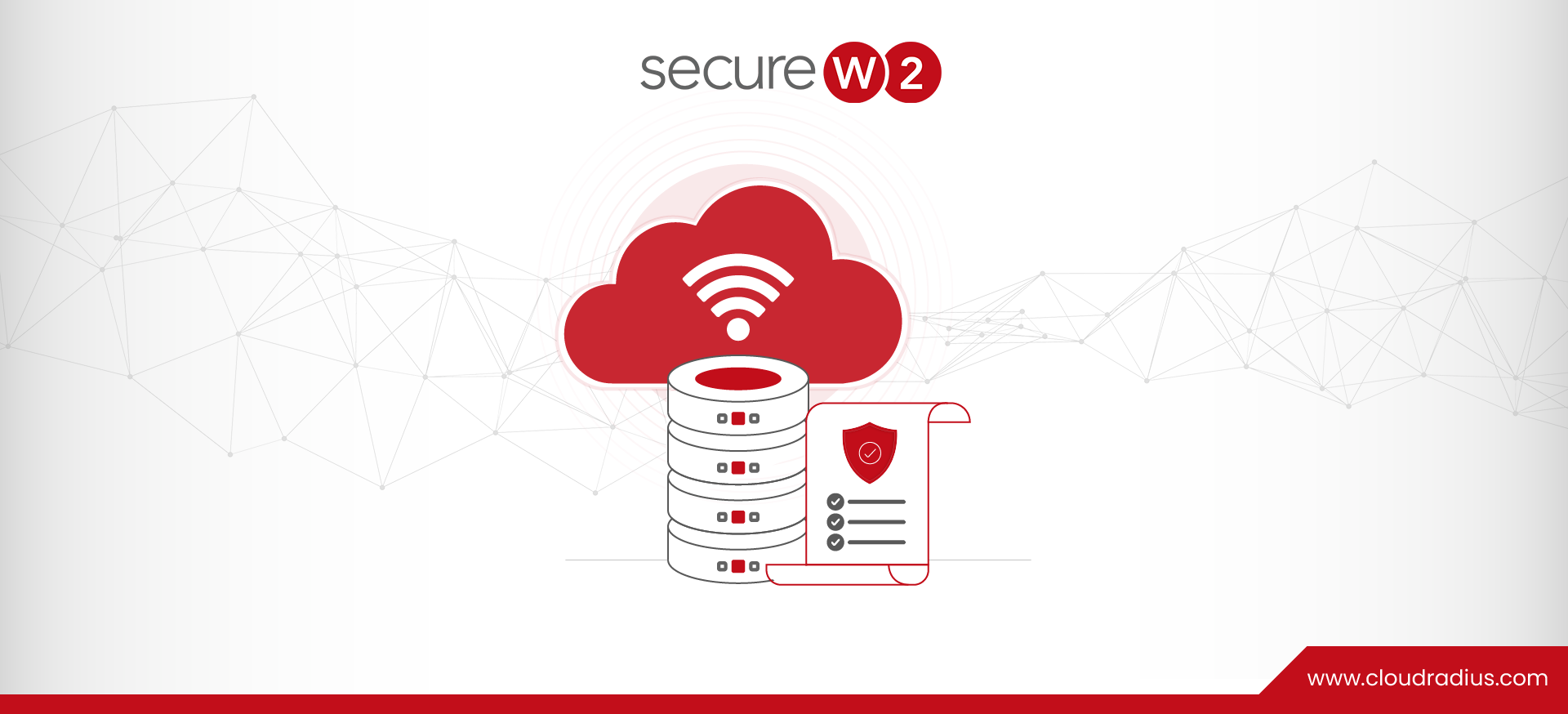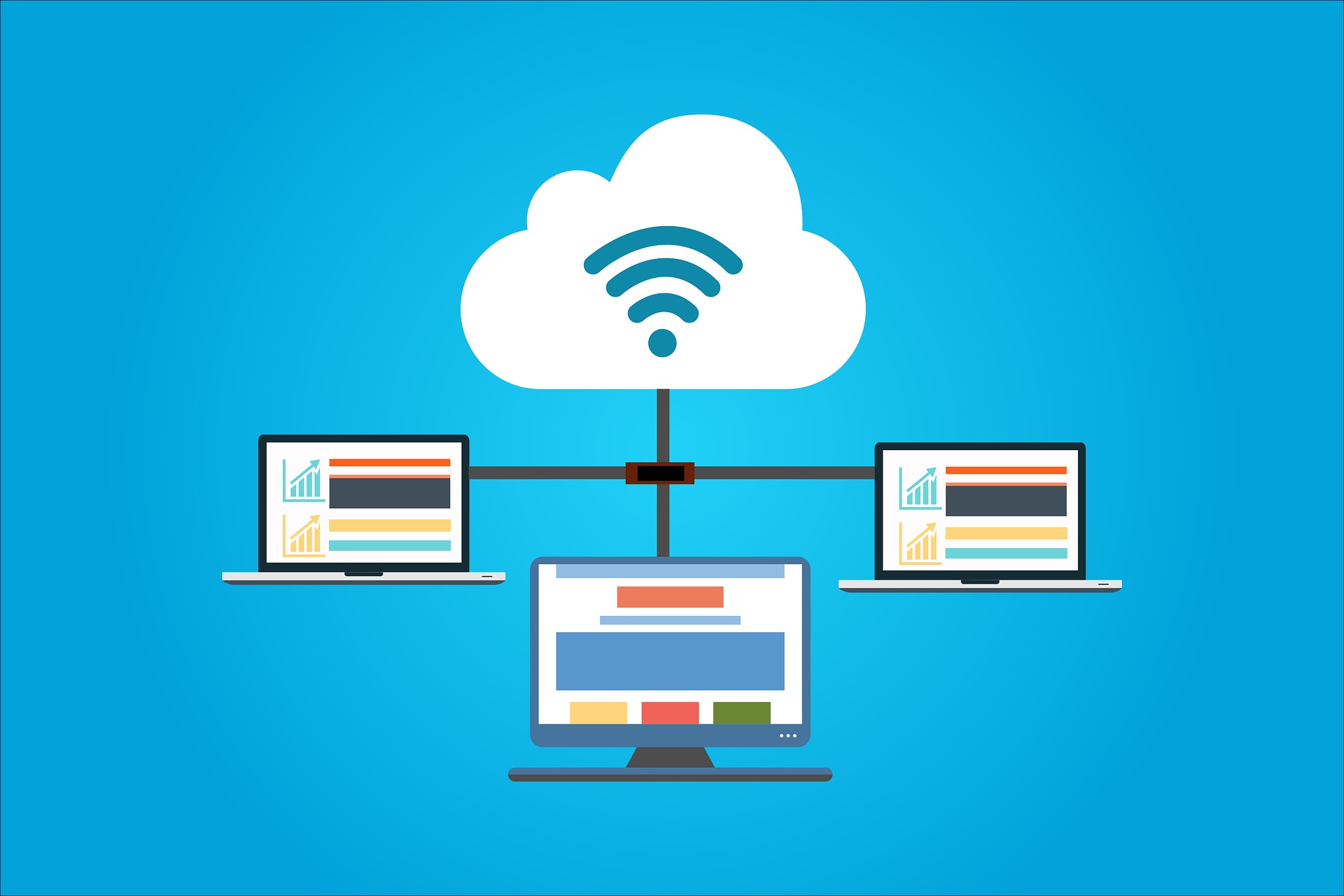
Unmatched RADIUS Security
A RADIUS server is one of the most powerful authentication security tools available to an organization. It allows an organization to enforce stringent requirements to gain access to the secure network.
But RADIUS servers have been in use for years and, in that time, many improvements have been made to the technology. By combining a RADIUS with different network environments, an organization can gain greater control over details such as who is allowed access, how they are authenticated, and the speed at which they’re able to authenticate.
How RADIUS Revolutionized Authentication Security
Before the widespread use of RADIUS servers, authentication within an organization primarily involved one wireless network password for the entire organization. This single password would be distributed throughout the organization for any user to gain network access.
Obviously, this is very poor authentication security. If an attacker really wanted network access, they would have little trouble gaining access. They could pose as a guest, contact an organization member, or attempt to brute force through the single authentication barrier.
The addition of a RADIUS server allowed for each network user to have credentials unique to them. Their identity could be stored in a directory that could be referenced by the RADIUS when they attempted to be authenticated. This made it much more difficult for attackers to gain network access. Additionally, the network could be configured to use that set of credentials to authenticate a variety of other applications, provided the organization operates on some form of SSO system.
Limitations of Various RADIUS
As with any piece of technology, different RADIUS servers developed by different vendors have a variance of capabilities. Based on what your organization values most, different RADIUS servers will be most appealing. Below we’ve compiled some of the most common attributes looked for when employing a RADIUS server.
Integration
Not all RADIUS servers integrate across the board with every type of network infrastructure and device. The technology landscape continues to grow more complex and diverse with countless different vendors and device variations. RADIUS servers such as NPS from Microsoft often struggle with authenticating Apple products and require add-ons to make the authentication process operate correctly.
Authentication Capabilities
There are many different services that an organization might want to give users access to. VPN, Wi-Fi networks, Web Applications/SSO, and SSL Inspection are just some of the uses you might find for RADIUS on your network.
RADIUS Onboarding
One of the most important factors to consider in networking is how you will onboard users to the secure network. This process isn’t as simple as it may seem. People have more devices than ever and often will request secure network access for more than one device. How will they be added to the network and managed over time in the most efficient way possible? An effective onboarding software and a detailed strategy.
Authentication Methods and Protocols
Depending on the network setup within your organization, your RADIUS will have different capabilities when it comes to the authentication event. Users can authenticate using credentials, OTP, biometrics, digital certificates, etc., if supported by the RADIUS. You can also employ different authentication protocols (EAP-TLS, PEAP-MSCHAPv2) with varying levels of security depending on the chosen RADIUS server.
Cloud vs. On-Site RADIUS
As more technology moves to the cloud, RADIUS servers have followed suit. We have extensively contrasted the attributes of cloud vs. on-site RADIUS servers, but suffice to say they differ drastically in a number of areas. Each has their place in networking based on an organization’s existing infrastructure and network capability.
Strong RADIUS Security with SecureW2
When it comes to authentication security with RADIUS, SecureW2 is second-to-none with our powerful certificate solutions. When compared to credentials, certificates have shown time and again that they are superior in every way. Certificates excel in speed of authentication, overall security, and providing a positive user experience.
By combining EAP-TLS and a secure RADIUS, no outside user will be able to gain network access. Our JoinNow onboarding solution can be completed in minutes and provision users’ devices for a certificate to use for years. Over-the-air attacks are simply useless in cracking the ironclad certificate authentication process.
SecureW2’s Cloud RADIUS can integrate with any major network infrastructure and device vendor for a wide variety of authentication needs (VPN, Wi-Fi, Web Applications, etc.). It also includes the newest development in RADIUS technology: Dynamic RADIUS.
Dynamic RADIUS allows you to update directory entries in real-time. If a member of your organization requires an update to their permissions, such as gaining a promotion, you’d normally have to replace all their certificates on all their devices. Dynamic RADIUS allows for edits to the directory and provides a link of communication between the RADIUS and directory. This way no new certificates need to be issued and the person experiences no hiccup in their network connectivity.
RADIUS security is more relevant than ever as more outside threats pop up each day. If your network is not secured by an effective RADIUS, it can easily be breached and raided for valuable data or information. Check out our pricing page to see if SecureW2’s Dynamic Cloud RADIUS is the solution your network needs.




